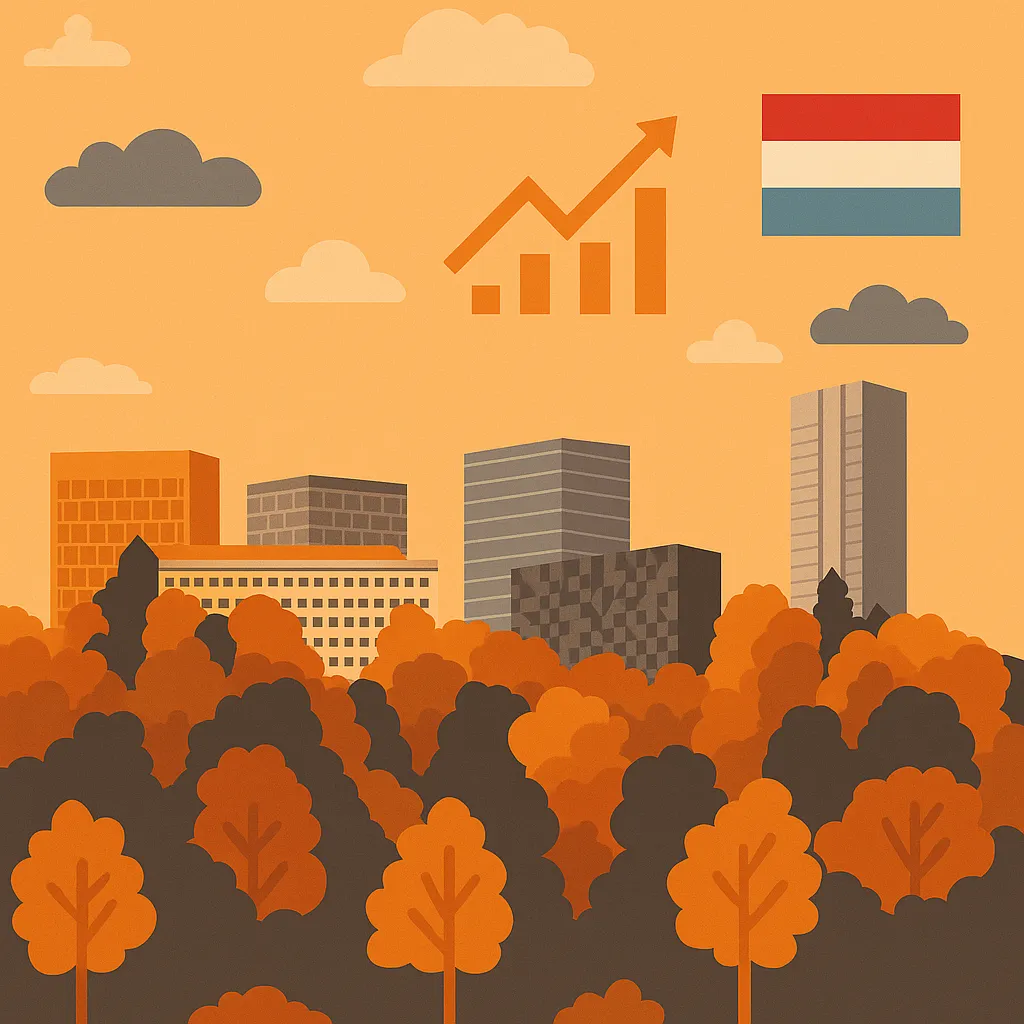
Remember when becoming an economist meant heading to a handful of predictable cities? Those days are fading fast. The economic landscape is transforming—not just what economists do, but where they do it.
The Traditional Hubs: Still Powerful, But No Longer the Only Game in Town
If you’re an economist today, you’ve got options that simply didn’t exist a decade ago. The traditional centers still thrive, of course. Policy wonks continue flocking to Washington D.C., where the Federal Reserve, Treasury Department, World Bank, IMF, and countless regulatory agencies create a vibrant ecosystem for economic thinkers. New York remains the financial heartbeat of America, with Wall Street firms, hedge funds, and major banks constantly recruiting economic talent. Cross the Atlantic, and you’ll find Brussels hosting the European Commission and European Central Bank, while London maintains its status as a global financial center despite Brexit challenges. Paris, home to the OECD, and Geneva with its UN agencies, round out the European strongholds.
In Asia, Tokyo, Singapore, and Hong Kong have established themselves as financial powerhouses where economists analyze the dynamics of rapidly evolving markets. Beijing has grown in importance as China‘s economic influence expands globally, while Mumbai serves as India‘s financial nerve center.
Academia? The usual suspects—Harvard, MIT, Chicago, Stanford, Princeton in the US; Oxford, Cambridge, London School of Economics in the UK; Sciences Po in Paris; Bocconi in Milan; University of Toronto in Canada; and National University of Singapore—remain intellectual powerhouses that attract brilliant economic minds. These institutions aren’t just teaching centers; they’re research hubs where economists push boundaries and shape tomorrow’s thinking.
And let’s not forget the financial sector. New York (with its concentration around Wall Street and Midtown), London (particularly the City and Canary Wharf), Frankfurt (Germany‘s banking capital), Tokyo (especially Marunouchi district), and Singapore still dominate as destinations for economists who love market analysis and financial forecasting. If you’re passionate about moving markets rather than just studying them, these cities offer unparalleled opportunities.
The New Kids on the Block: Tech and Regional Specialization
But here’s where things get interesting. Tech giants have emerged as major employers of economists, creating entirely new career paths. Amazon, Google, Microsoft, and Meta aren’t just hiring computer scientists—they’re recruiting economists to analyze massive datasets and inform product strategies. This means Seattle (Amazon‘s headquarters), the Bay Area (particularly San Francisco, Menlo Park, and Mountain View where many tech giants are based), and increasingly Austin and Raleigh-Durham have become unexpected hotspots for economists who speak the language of both markets and algorithms.
Regional specialization creates fascinating niches, too. If you’re into energy economics, Houston and Calgary offer distinctive opportunities you won’t find elsewhere. For agricultural economics, midwestern cities like Chicago and St. Louis provide unique perspectives. Vienna has become a hub for economists working on natural resource management with OPEC, while economists specializing in tourism might find opportunities in Barcelona, Orlando, or Bangkok. Each region develops its own economic fingerprint, with specialized roles that reflect local industries and challenges.
The Remote Revolution: Working Global While Living Local
Perhaps the most dramatic shift? The rise of remote work has fundamentally changed the equation. Economists no longer need to choose between career opportunity and quality of life. Cities like Austin (Texas), Berlin (Germany), Montreal (Canada), Lisbon (Portugal), Valencia (Spain), and Melbourne (Australia) are becoming increasingly attractive alternatives—places where economists can tap into global networks without the crushing costs or congestion of traditional hubs.
Imagine analyzing European market trends while working from a café in Lisbon‘s historic Baixa district, or contributing to an international development project from your home office in Cape Town‘s Woodstock neighborhood. You could be researching Asian markets from a co-working space in Bali‘s Ubud or Canggu, or formulating monetary policy recommendations from a lakeside office in Zurich. These scenarios aren’t just possible—they’re increasingly common. Digital collaboration tools have freed economic expertise from geographic constraints.
Emerging Markets: Where Economic Growth Creates Demand for Economists
Meanwhile, emerging economies are creating fresh opportunities. Cities like Mumbai and Bangalore in India, Lagos (Nigeria), São Paulo and Rio de Janeiro (Brazil), Mexico City, Bangkok (Thailand), Jakarta (Indonesia), and Manila (Philippines) aren’t just subjects of economic study—they’re becoming centers where economic analysis is produced. Local economists bring invaluable perspectives to understanding these rapidly evolving markets.
International development organizations have recognized this shift, increasingly tapping into local talent pools in places like Nairobi (Kenya), Accra (Ghana), Lima (Peru), Jakarta (Indonesia), and Bogotá (Colombia). The result? More diverse voices enriching global economic discourse.
Development banks like the African Development Bank in Abidjan (Côte d’Ivoire), the Asian Development Bank in Manila, and the Inter-American Development Bank in Washington D.C. have become magnets for economists focused on regional development challenges.
Finding Your Place in This Changing Landscape
So what does this mean for you, as an economist navigating your career? Geography still matters—but in new and different ways. The key is staying informed about where opportunities align with your particular interests and expertise.
Whether you’re drawn to traditional economic powerhouses like New York or London, excited by emerging markets like Jakarta or Bogotá, or interested in the freedom of remote work from places like Lisbon or Melbourne, understanding these geographic trends can help you make strategic career choices.
That’s where platforms like Econ-Jobs.com come in. As a specialized job board focused on economists, we connect talented professionals with organizations worldwide. We track opportunities wherever they emerge—from established institutions to innovative startups, from traditional hubs to emerging centers of economic activity.
The world of economics is changing rapidly. Shouldn’t your career strategy reflect that evolution?



